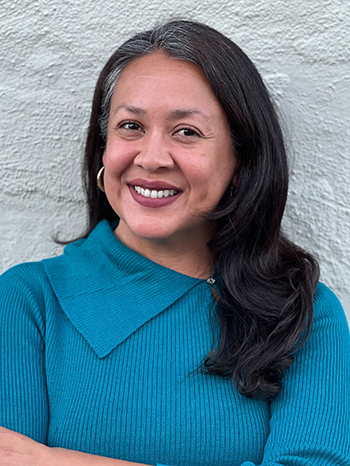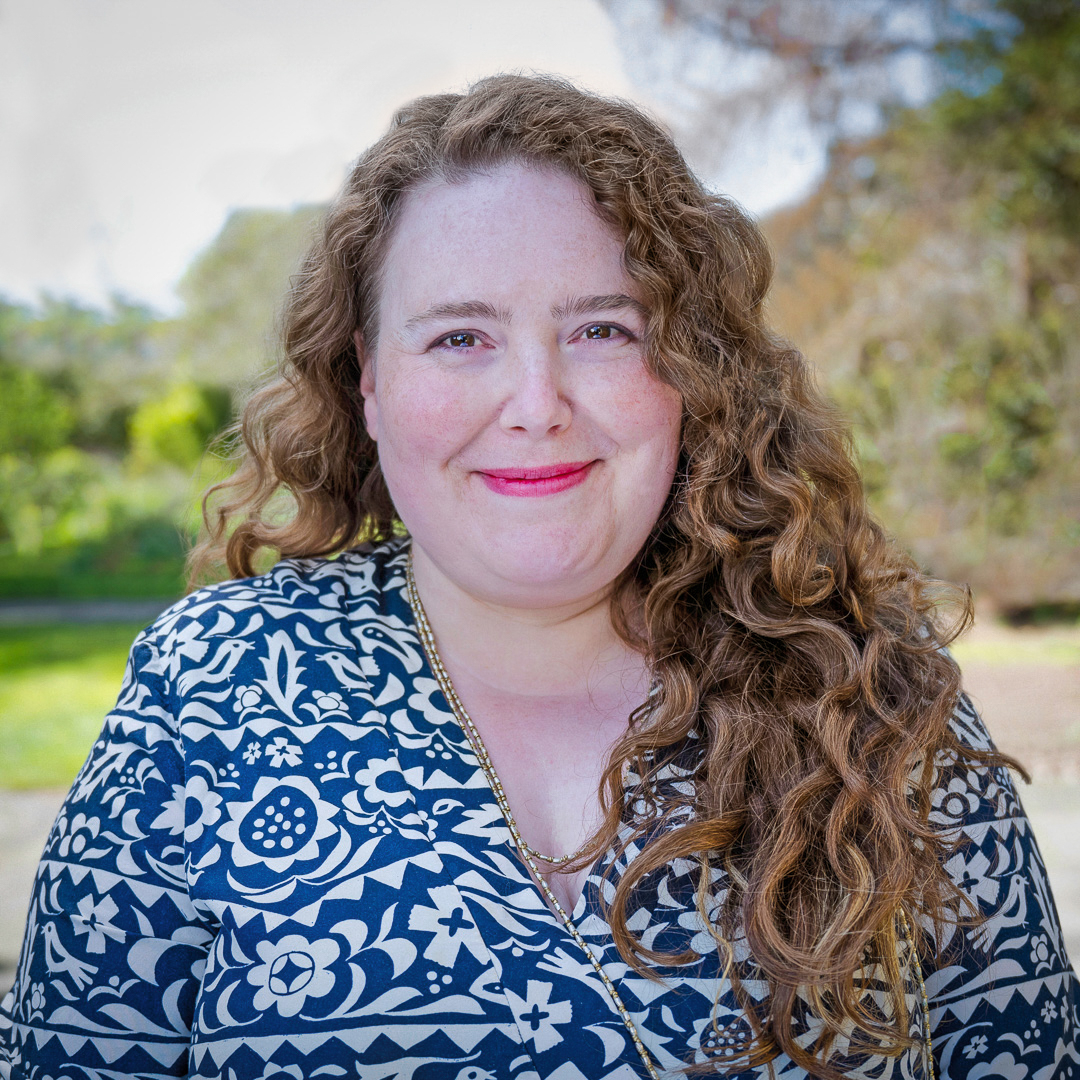Carcerality Extends Its Reach: Criminalization of People Who Are Unhoused
"Advocates have decried criminalization for decades; the Supreme Court did not invent it in its June ruling. But in recent statements, too many shy away from naming the antagonist in this story: the carceral state and carcerality itself." - Michael Durham
The data is clear - safe and stable housing is out of reach for most of us, as a previous NCG blog so eloquently described. Many also recognize that the affordable housing crisis and the homelessness crisis are the same phenomenon. Wherever housing is unaffordable, homelessness proliferates.
Placing blame for unsheltered homelessness on the people who experience it isn’t new, but recent policies are ensuring those same people see the repercussions. On June 28th, the US Supreme Court ruled against Gloria Johnson, a resident of Grants Pass, Oregon, who sued the city for repeatedly arresting and fining her for sleeping in public space when she had nowhere else to go. In doing so, SCOTUS codified criminalization.
Shortly thereafter, Governor Newsom capitalized on the high court’s backing, issuing an executive order to evict people from encampments on state property. Mayor Breed quickly followed suit, as did Mayor Thao, using the “tools” the Supreme Court supplied them.
Criminalization may be unfamiliar to those outside of movement circles, and because that’s true, narrative experts have advised against using it with a lay audience because it associates homelessness with crime. But as a key component of movement infrastructure, it’s important that philanthropy understands how it functions.
The term means what it sounds like: determining what is a crime, who is a criminal. When we talk about criminalization of people who are unhoused, we point to laws and policies that punish people for basic activities of survival, such as sleeping, eating, and asking for donations. Policies like “move along” orders punish people simply for existing in view of others. This is why the rationale of encampment evictions is to disappear our neighbors.
Criminalization is About Colonialism
Advocates have decried criminalization for decades; the Supreme Court did not invent it in its June ruling. But in recent statements, too many shy away from naming the antagonist in this story: the carceral state and carcerality itself. By carcerality, I refer to the amalgam of institutions, laws, and norms that punish and confine people, most visibly represented by prisons, jails, and police departments, all of which disproportionately harm Black and Brown people. Often referred to as carceral logic, the ethos of these systems focuses on punishment versus prevention and healing of harm.
We at Funders Together to End Homelessness emphasize that criminalization is the byproduct of colonization, which includes the theft of Indigenous land, genocide and displacement of Indigenous people, and the violence of chattel slavery and prison labor targeting Black people. The same logic to control and exploit people evolved into policies like Jim Crow and sundown towns and continue to this day in criminalizing people who are homeless, the majority of whom are Black, Brown, or Indigenous. Criminalization is racist, classist, transphobic, homophobic, and especially harms those with multiple marginalized identities. Its purpose is oppression.
Based in Oakland, the Sustainable Economies Law Center brings the point home:
"Oakland is unceded Xučyun Ohlone territory, where the double helix of colonialism and capitalism has resulted in genocide, erasure, and displacement of the Ohlone people. We cannot discuss the ongoing war on the unhoused without situating it within this undisputed historical fact. The swift bloodshed by guns has been replaced by the slow-death caused by judicial decisions and executive orders, all in the name of legitimating land theft and protecting private property." - Sustainable Economies Law Center
In our denunciation of criminalization, then, we should accompany our urgency with a generational commitment to decolonization and reparations.
The Harms of Sweeps
No one wants camps outside their front door as, indeed, no one wants to be homeless in the first place. Embrace this nuance: to argue that clearing encampments is “bad” is not to suggest that encampments are “good.” They aren’t. But they can often provide support networks and means for survival in tragic circumstances. More importantly, people who are unhoused deserve the right to move freely and survive on their own terms. As beloved movement leader and policy director for the Benioff Homelessness and Housing Initiative Marc Dones once said, people enduring poverty and oppression don’t make bad choices, they make available decisions.
Recent research demonstrates that encampment sweeps exact profound consequences to one’s health via the trauma of the raids themselves in addition to the subsequent disconnect from services and community. Moreover, they’re ineffective: people cannot disappear, so they set up camp elsewhere, and often return to the original location. Incarcerating people who resist only prolongs their homelessness by restricting their ability to access employment and housing, among other services, and also disrupting their prioritization in the coordinated entry system. All too often, people who accept offers of interim housing return to the streets because permanent housing is so scarce. Not to mention the financial resources sweeps consume. Nothing about sweeps is helpful.
Principles & Recommendations for Philanthropy
As we mourn the threat of violence against our unhoused neighbors, we also hold compassion for elected officials and our colleagues in government. We don’t envy the pressure Mayors and electeds face to swifty solve a problem it took decades to create. Mayors are grasping for tools, which creates opportunity for funders to partner with governments to ensure criminalization isn’t one of them.
- Resisting the criminalization of homelessness represents an opportunity for funders to work across issues areas, namely housing/homelessness with public safety, but also healthcare, economic justice, and racial equity. How can homelessness program officers partner with criminal-legal-system program officers to define shared priorities for action, both between foundations and between departments in the same organization?
- We should work to avoid police contact with people who are unhoused through a range of strategies, but specifically by funding civilian crisis response teams like MACRO.
- Perennially true, follow the lead of advocates with lived experience of homelessness. Who are the voices in the advocacy community who are most impacted by housing deprivation? What are they saying about Grants Pass and encampments?
- It is tempting to focus our energy on moving people into temporary shelters, interim housing, or even “sanctioned” encampments. Any such service should be provided voluntarily. How do we ensure housing justice values in any service we offer? How do we retain our commitment to permanent housing throughout?
- We do need more interim housing options en route to permanent housing. But any such expansion should add to philanthropy’s investment in ending homelessness and not subtract from the systems work that would prevent it.
- Those of us who denounce the increase of criminalization are losing the narrative game. Funders should consider investing in communications campaigns that reclaim the story. How do we support advocates to tell the story of what works in the face of trans-partisan backlash?
Banding Together
Criminalization of homelessness will end when we end homelessness itself, and for that, we will need more funders at the table. The good news is, NCG and Funders Together to End Homelessness are assembling such a table.
As an official chapter, Bay Area Funders Together to End Homelessness strengthens coalitions between funders who work on housing justice, defines strategy rooted in racial-justice values, partners with nonprofit and government agencies, and grows philanthropic investment in solutions that work. To learn more, email Sarah Frankfurth. Let’s get to work - together.
Resources
Coalition on Homelessness, San Francisco
Love and Justice in the Streets
Western Regional Advocacy Project
Michael Durham is the Director of Networks for Funders Together to End Homelessness. In this role, he mobilizes Funders Together members in communities of practice and networks organized around topics or regions, all pointed in the direction of racial justice and liberation. Prior to joining Funders Together, Michael spent nine years at the National Health Care for the Homeless Council where he specialized in street medicine, decriminalization, and workplace racial justice organizing, in addition to healthcare access. He also serves as the Board President of the Village at Glencliff, a bridge housing and recuperative care facility in Nashville.
Michael describes himself as an abolitionist theologian and writer, frequently publishing essays and poetry on leftist organizing, recovery, post-evangelical spirituality, and other issues.
Michael holds a bachelor’s degree in political science from the University of Tennessee at Chattanooga and a Master of Theological Studies from Vanderbilt Divinity School. A queer single parent, he resides in the neighborhood in which he grew up in Nashville with his daughters, Genevieve and Adelaide.




